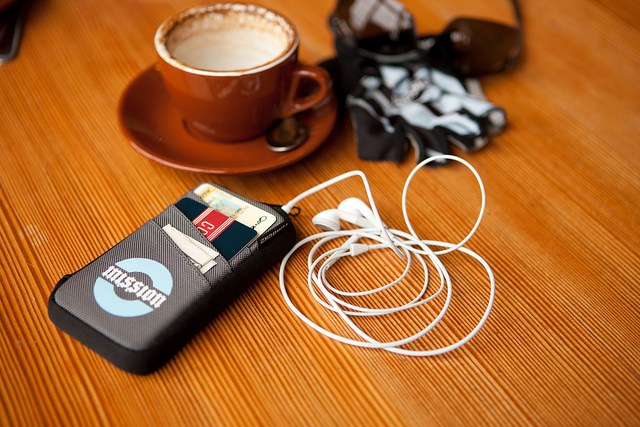BERKELEY, Calif. — ILE is big in Japan. The California bag company has found a market with the Japanese bike website Blue Lug, and the collaboration keeps pushing ILE into new bags, materials, hardware and color choices.
Eric Fischer, 26, launched ILE (short for “Inside Line Equipment”) out of his apartment four short years ago. He was racing bikes, buying fabric and making bags one at a time for himself, his friends and friends of friends.
“I always liked making things, but building buildings didn’t seem scalable,” Fischer told Cult of Mac. “Making bags seemed more like a painting rather than building a house.”
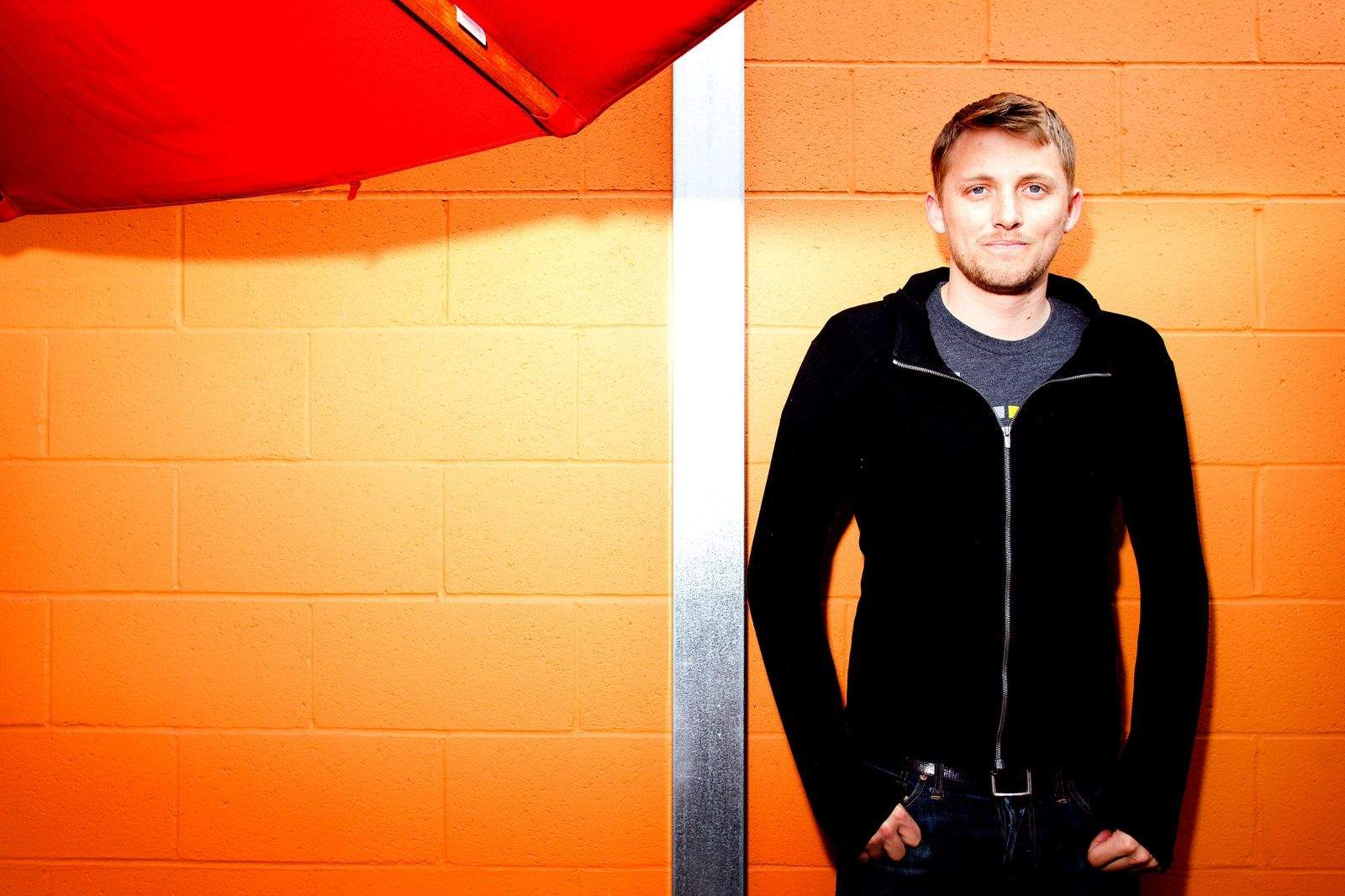
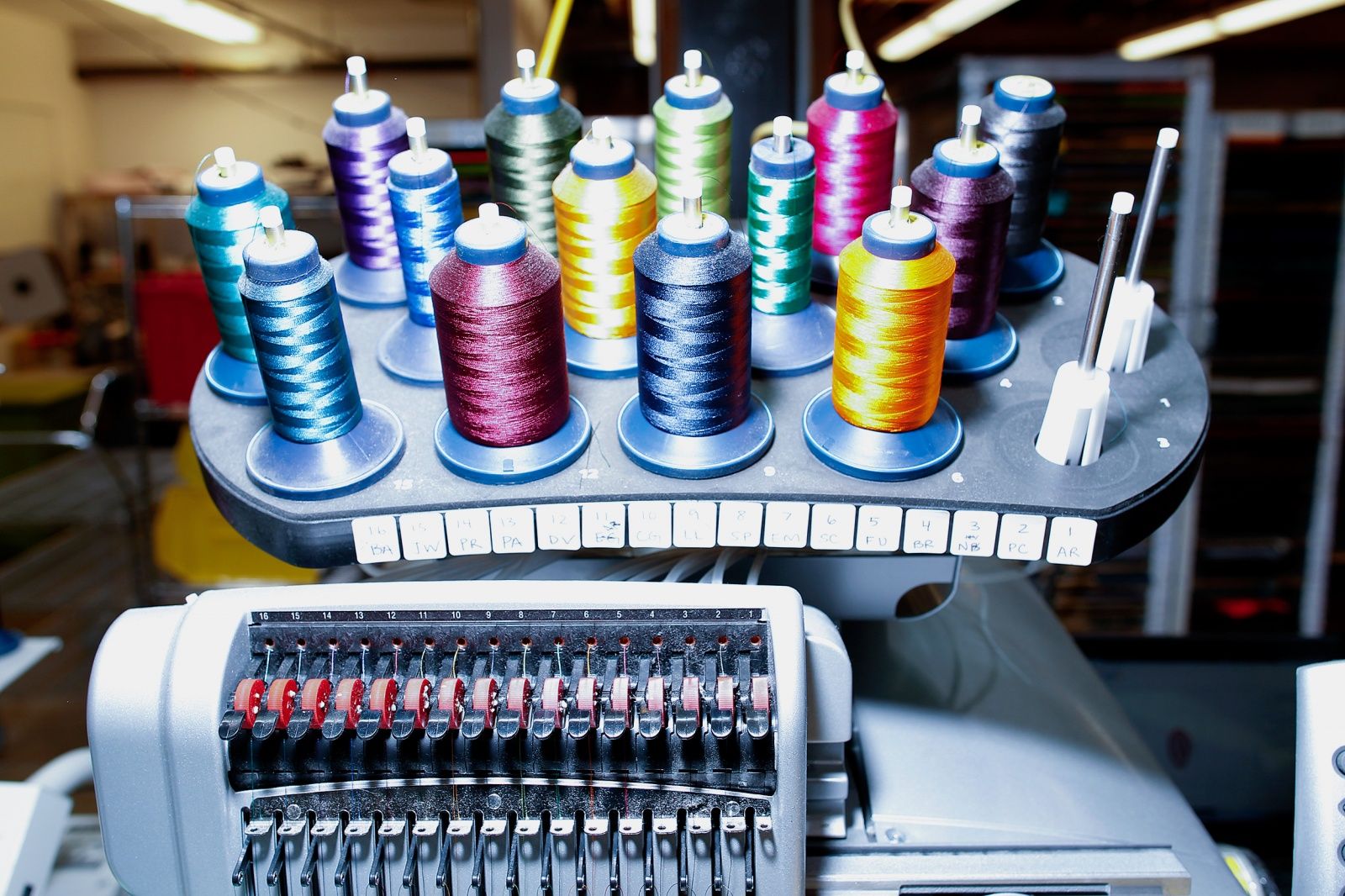
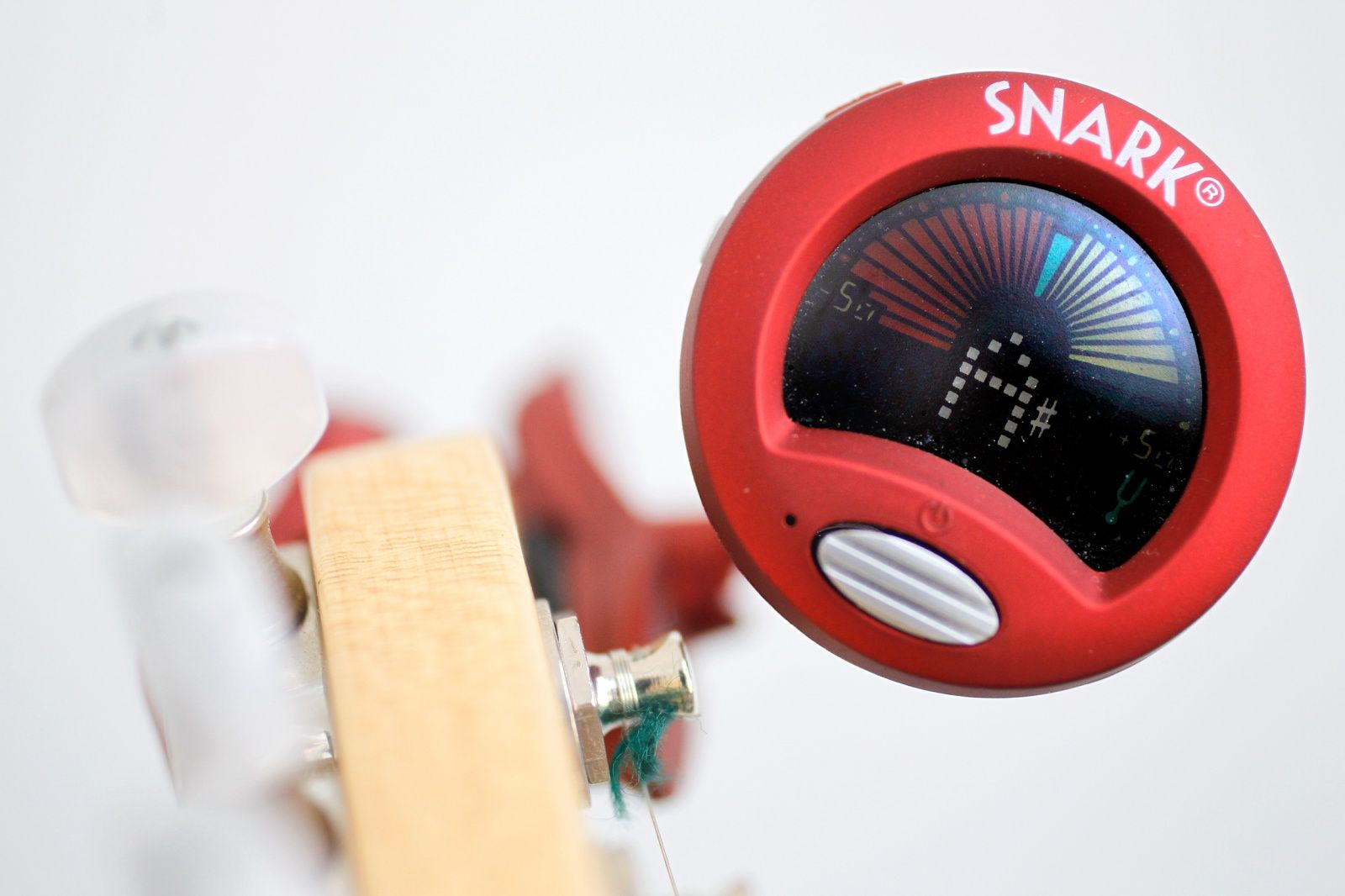
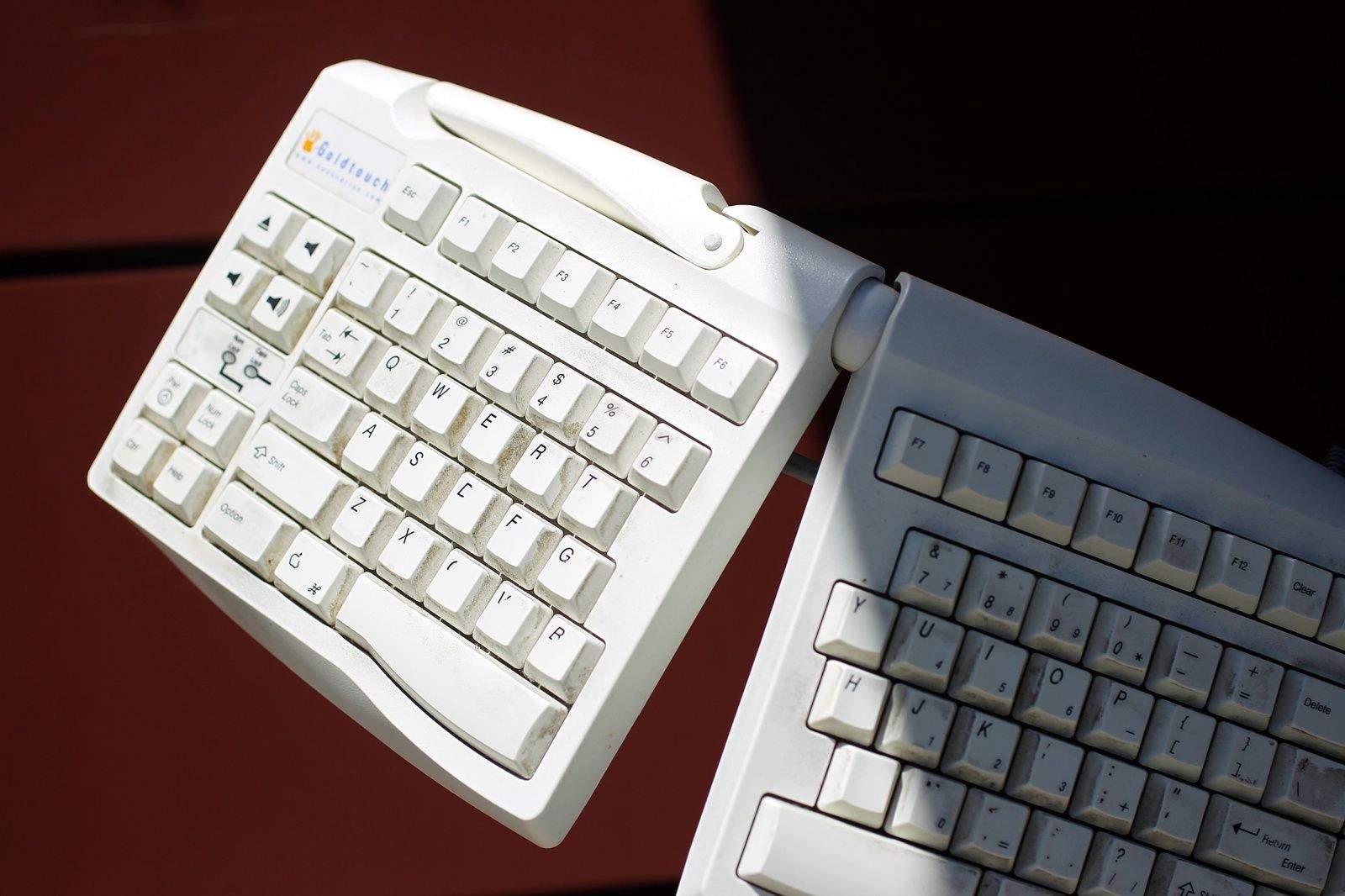
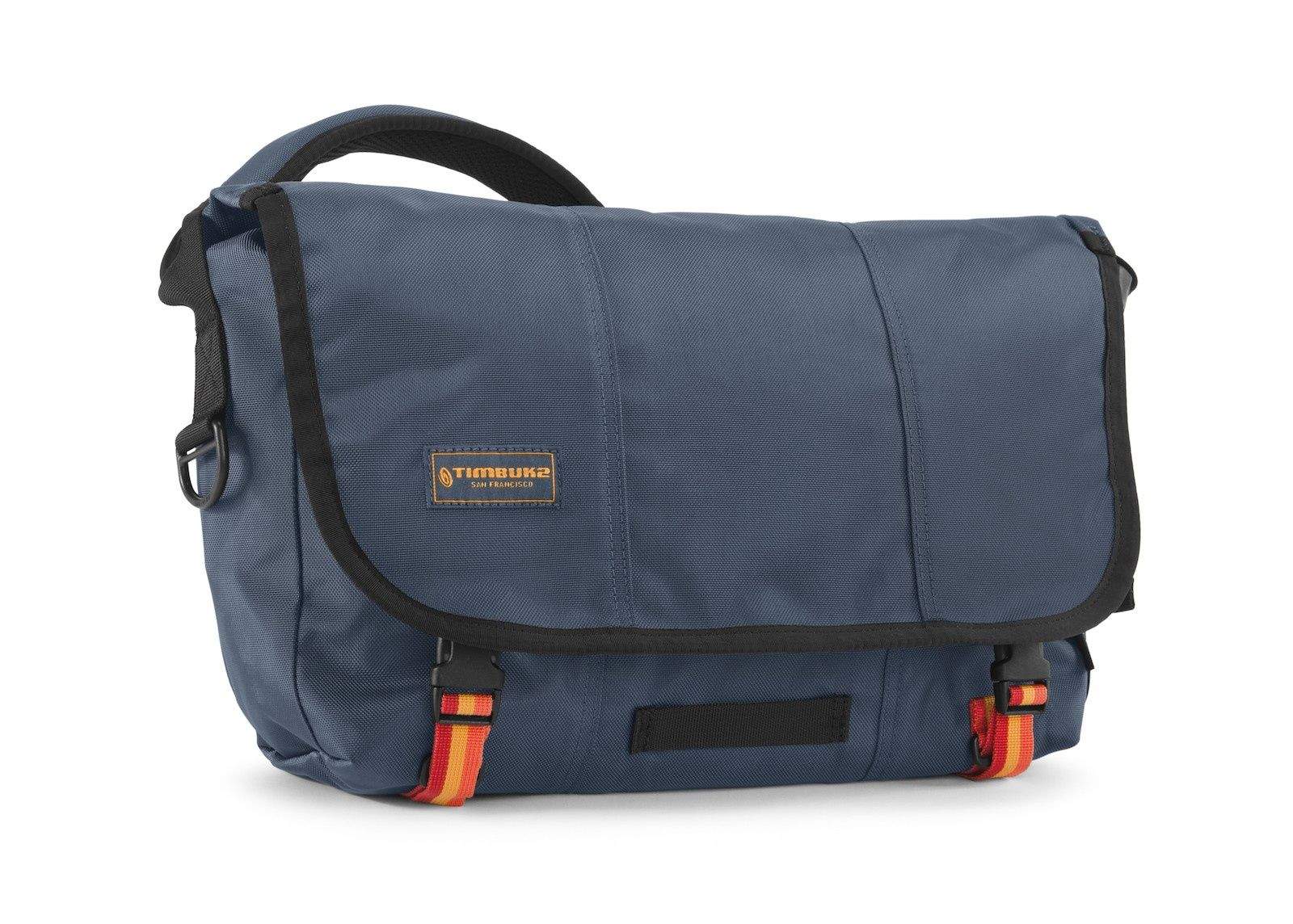
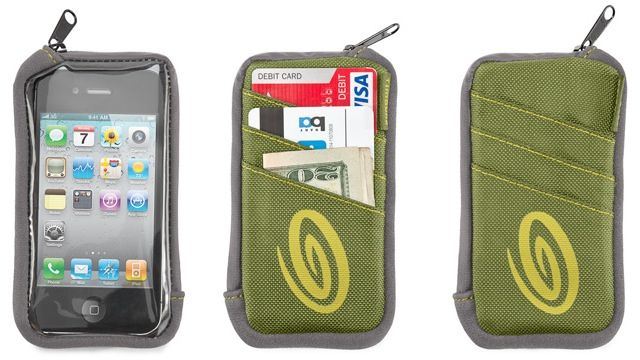
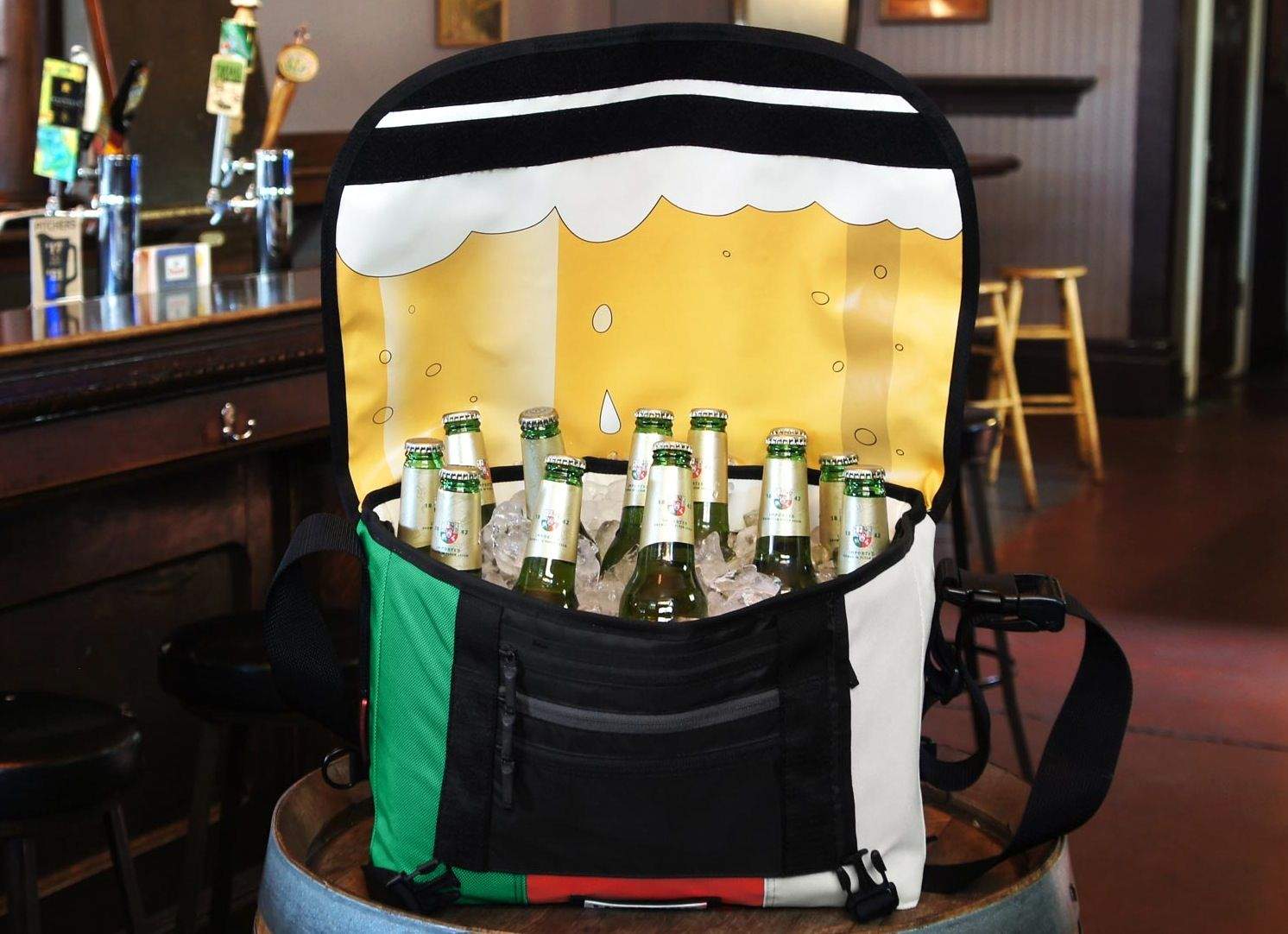
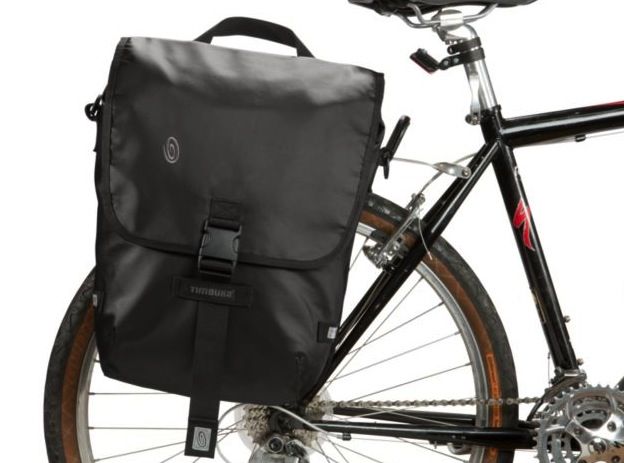
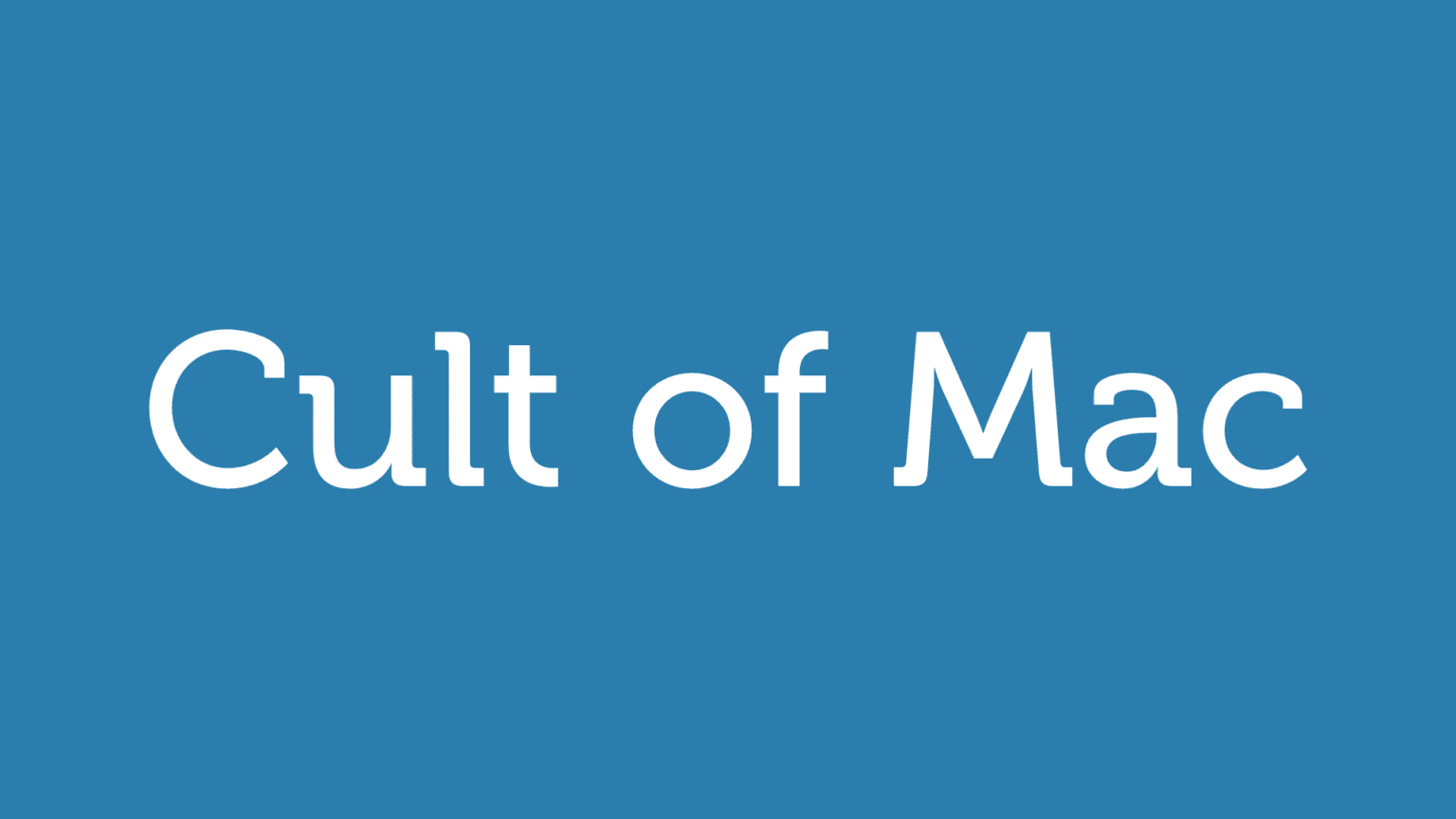
![Timbuk2 Factory Tour Highlights Offshoring Issues at Apple [Gallery] Timbuk2_factory_06_CULT_OF_MAC_APPLE_BAGS_MANUFACTURING_JOBS](https://www.cultofmac.com/wp-content/uploads/2012/09/Timbuk2_factory_06_CULT_OF_MAC_APPLE_BAGS_MANUFACTURING_JOBS.jpg)
![Timbuk2 Overhauls Their Venerable Commute Messenger With TSA Compliance, Space-Agey Cool Stuff [CES 2012] timbuk2-commute-messenger-2](https://www.cultofmac.com/wp-content/uploads/2012/01/timbuk2-commute-messenger-2.jpg)

